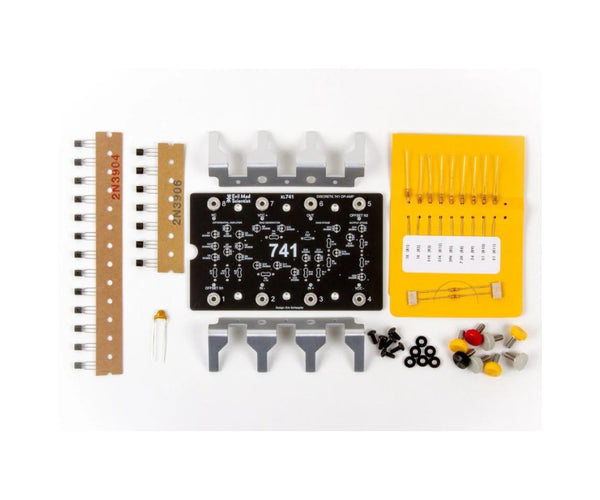megatrav
Well-known member
This is an old thread, but it might be worth mentioning for anyone who comes across this thread -
Discrete stages are believed to have better audio quality by most HiFi aficionados. This probably isn't the case with guitar effects.
But discrete stages will almost always be considered better when it comes to amplification and driving speakers with higher wattages. QSC (same company and designer as Quilter Amplification) uses discrete class d stages for most of their power amplifiers. This is because the ICs usually don't do as well under the same stress as discrete stages.
Please correct me if I'm wrong here, but this is what I have been reading about when I came across this thread
Discrete stages are believed to have better audio quality by most HiFi aficionados. This probably isn't the case with guitar effects.
But discrete stages will almost always be considered better when it comes to amplification and driving speakers with higher wattages. QSC (same company and designer as Quilter Amplification) uses discrete class d stages for most of their power amplifiers. This is because the ICs usually don't do as well under the same stress as discrete stages.
Please correct me if I'm wrong here, but this is what I have been reading about when I came across this thread

